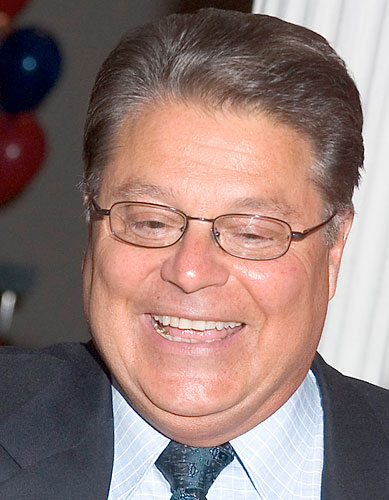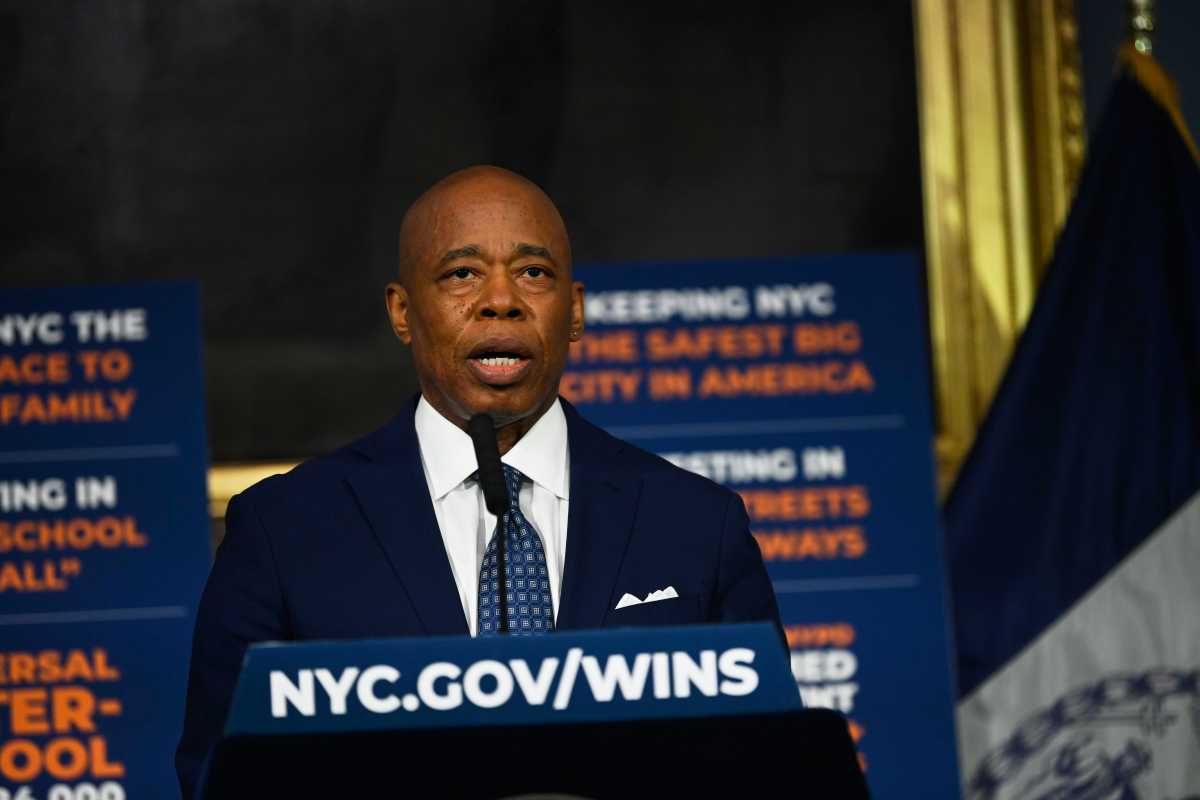As an educator for well over 40 years, to me, the biggest tragedy in the controversy over school closures is not large schools versus small ones. It’s a national obsession with high school graduation rates where once-creative faculties are now teaching children to pass tests and not much else. Superintendents and principals are also held to these same parameters.
The first casualty in this educational new world is the learning process itself. It’s been abandoned. Creative thinking, problem solving and experimentation have been replaced by convergent thinking and getting the right answer on a test. Kids know that the system is not interested in their needs and that they are clients of an uncaring policy that wants them to pass so schools can stay opened and adults can keep their jobs.
Think of the implications this obsession engenders. If a principal could get rid of as many low-performing students as possible, his or her academic benchmarks are increased. Look at what we’ve done to our educational leaders in this regard. There have even been cases where teachers doctored grades to avoid negative scrutiny because their classes didn’t hit acceptable passing parameters. What happened to John Dewey’s concept of learning at your own rate? And if a child takes five years to graduate, so what? He or she needed more time. Does that mean the school that educated this child to a level of acceptability and functionality is a failure? Not in my book. The kid didn’t drop out. He stuck it out.
And if these children are jettisoned, who will pick them up? Are we creating an educational class of nomads unwelcome anywhere because they may require more support than is available? What’s the alternative if they don’t get that support? There are gangs waiting to recruit them.
Whether by intention or accident, an anti-intellectual atmosphere is permeating our educational system because passing has become more important than learning. When you have environments that foster learning as a priority, the grades follow.
The Council for Unity is involved in nearly 30 schools in the city school system. Our innovative curriculum focuses on a child’s need for healthy relationships, safety and freedom from discrimination from a unity empowerment model, developing self-esteem from a syllabus that educates a child where he or she is functional not dysfunctional and fostering empowerment through partnerships with administrators and faculty to collectively bring about the constructive changes necessary for a positive learning environment. As a result our high school graduation rate with challenged populations has never gone below 85 percent in 36 years. I see what is possible.
We’re Americans — a pragmatic people. We sink or swim in a society of strong communities with a public school system that brings children of all cultures, abilities and orientations together. It’s where kids learn tolerance and respect. It worked for our forbearers, and it must work for us even more so today. Whether large or small, our schools need to ensure this.
Robert De Sena is founder and president of Council for Unity, a non-profit organization that specializes in reducing violence in schools and communities.

























